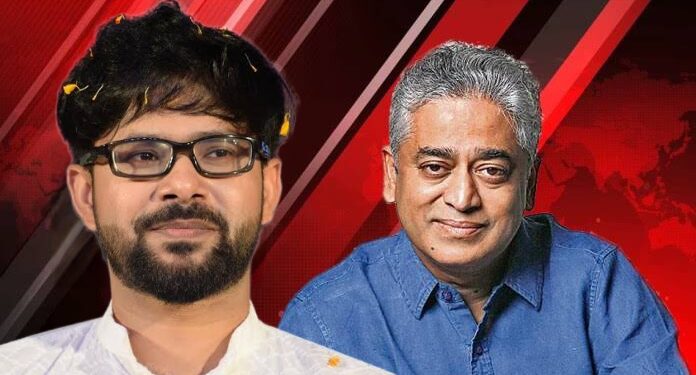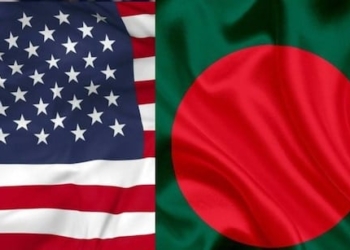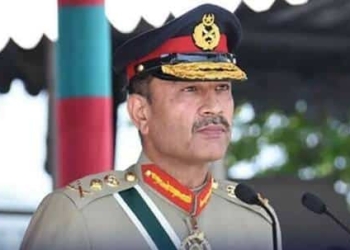A social media post by senior journalist Rajdeep Sardesai referring to the Rath Yatra as having “two addresses” — one in Puri, Odisha, and another in Digha, West Bengal — has triggered a wave of outrage, particularly among Jagannath devotees and Odia cultural figures.
The statement was widely condemned as diminishing the singular sanctity of the Puri Rath Yatra, which is considered the original and most sacred of all such processions.
Popular Odia actor Sabyasachi Mishra was among the first to publicly challenge Sardesai’s framing, expressing deep hurt and disappointment. In a sharply worded response, Mishra stated:
“How contradictory, sir. Your original tweet says ‘Rath Yatra has 2 addresses’, and now you say ‘No comparison with Jagannath Yatra’. I hope you’re aware this is not the first Jagannath temple to be built. Thousands exist worldwide, and we, as true Bhaktas of Mahaprabhu, feel proud of that.”
He further added,
“Even my Bengali friends are upset with your phrasing. Odisha and Bengal deserve your apology. I leave it to your conscience. Remember sir, ‘ଚକା ଆଖି ସବୁ ଦେଖୁଛି’ (The Chariot-Eyed Lord sees all).”
Mishra’s sentiments resonated with many online, with hashtags like #ApologizeRajdeep and #RespectPuriRathYatra trending on X (formerly Twitter).
In an attempt to clarify, Sardesai responded, saying:
“There is NO comparison with the Jagannath Yatra in Puri, since it will always be the original. But if new Jagannath temples are built and more yatras are held, as in Digha, we should welcome it as true devotees.”
However, this clarification failed to calm the backlash, as critics felt his initial phrasing created a false equivalence between the ancient Puri Rath Yatra and newer initiatives. Many pointed out that Jagannath Ratha Jatras are celebrated globally — from London to New York — but never portrayed in competition with the original in Puri.
Cultural experts have emphasized that the Puri Rath Yatra is not just a religious festival but a civilizational cornerstone of Odia identity, deeply rooted in over a thousand years of tradition.
As the conversation continues online, calls for a public apology from Sardesai are mounting. For now, Sabyasachi Mishra’s dignified and culturally assertive rebuttal stands as the voice of a community deeply protective of its spiritual heritage.





























